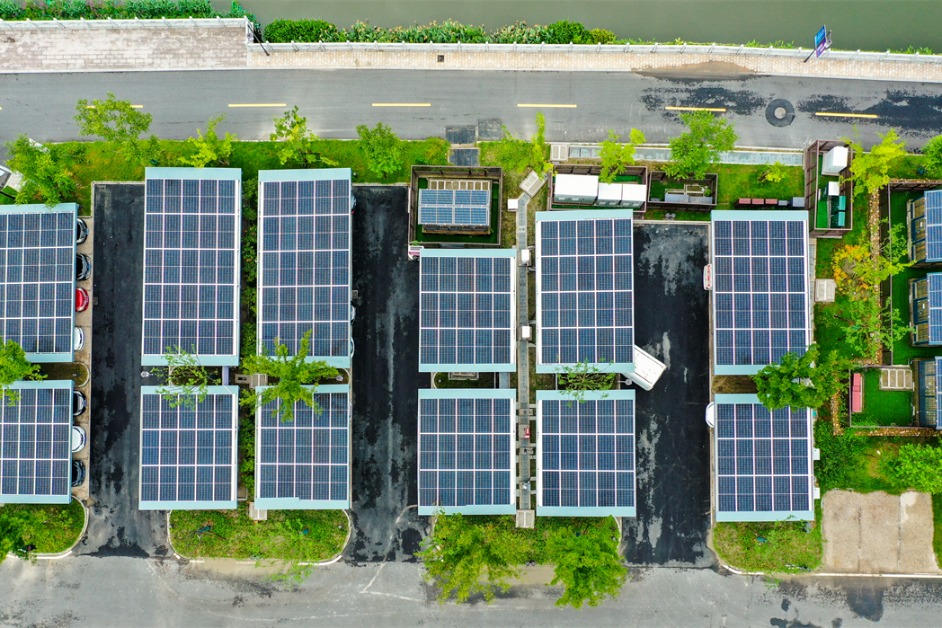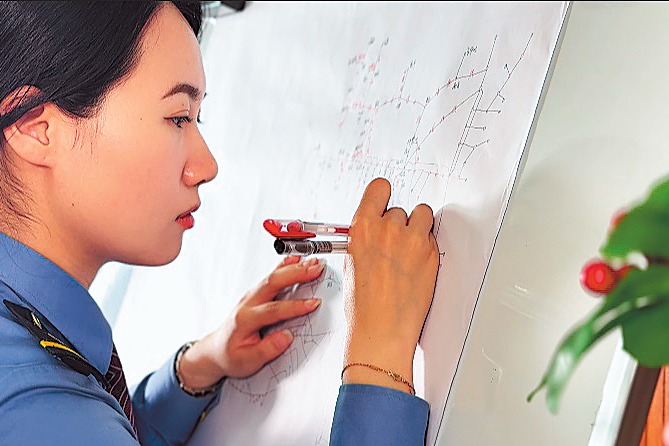Chinese researchers invent bio-recyclable material in quest for sustainable electronics

BEIJING -- A Chinese research team recently invented a bio-recyclable material for electronics manufacturing, offering a new approach to improving the circularity of electronics and contributing to a more sustainable electronics industry.
Rapid accumulation of electronic waste is a growing global concern. The development of sustainable electronics is expected to tackle this problem. However, existing recycling approaches suffer from compromised performance of recycled materials, high energy consumption or harsh recycling conditions.
A research team led by Yu Shuhong from the University of Science and Technology of China designed and made a cellulose-based composite dielectric film, a material commonly used in electronics manufacturing, by integrating a bio-manufacturing strategy with an enzymatic degradation process.
According to the study published in Nature Sustainability, the bio-manufacturing strategy can process glucose and functional building blocks into cellulose-based functional composite materials, while the enzymatic degradation can turn cellulose back into glucose without affecting other components.
Both of these biological processes are mild -- requiring neither high temperature and pressure nor toxic chemicals, realizing a closed-loop cycle from raw material to product and waste, without compromising recycled material performance.
The study also revealed that electronic devices fabricated with this new material exhibit significantly lower signal transmission loss compared to those using commercial epoxy resin substrates. This bio-manufactured cellulose-based material, notably, also achieves similar production costs while significantly reducing the environmental impact.
A report by the International Telecommunication Union said some 62 billion kg of electronic waste was generated globally in 2022 -- with only 22.3 percent of it being recycled in an environmentally sound manner.





































